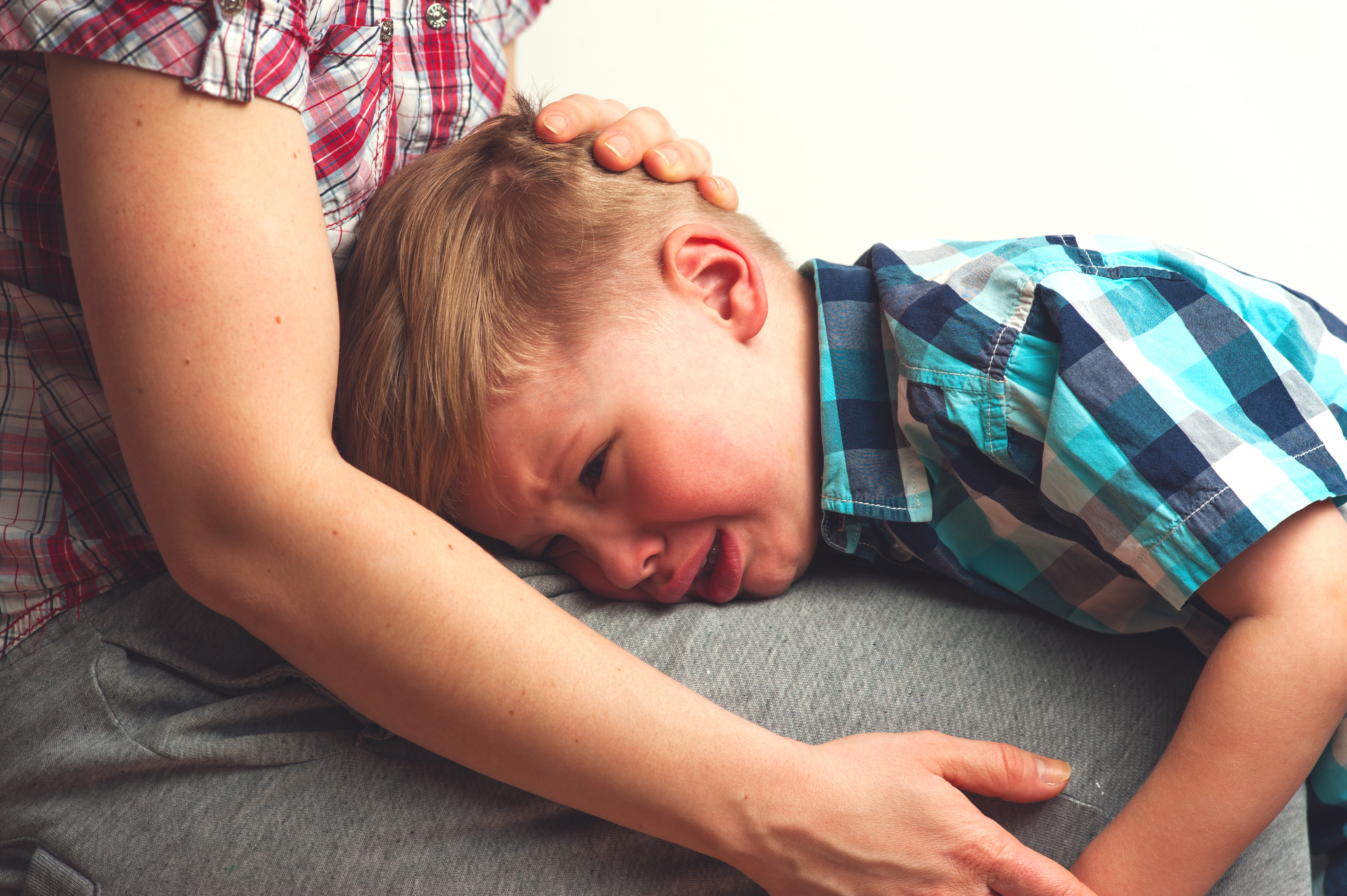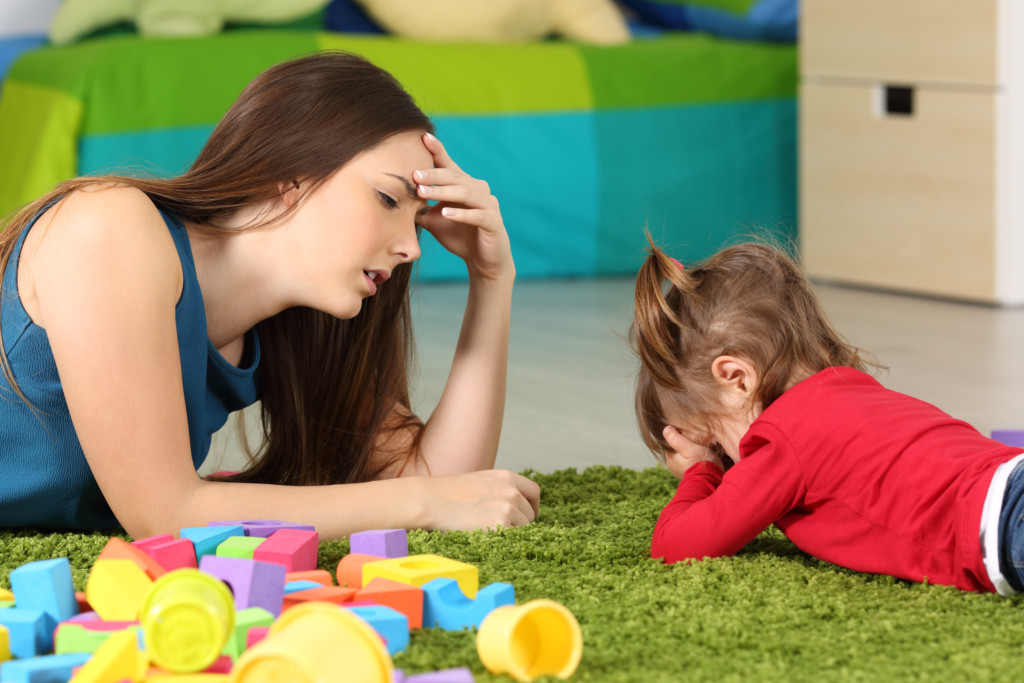 Parenting as a healing journey
Parenting as a healing journey
First published in The Natural Parent Magazine
Stop right now and for a moment feel how deeply you desire for your child to feel seen, heard, loved and supported. What emotions does this evoke? And what about when you worry that your child is not feeling seen, heard, loved and supported? Parenting evokes such intense emotional highs and lows for most parents. This article aims to speak to the difficulties of the ongoing grappling with these emotions and a little about what might help.
The frustrations of unmet needs
As parents, we understandably want to feel more calm, confident, patient and loving. But we equallly, understandably, for a multitude of reasons, become frustrated, impatient and critical. Most parents struggle with many uncomfortable feelings at least some of the time on most, if not all, days. There are so many unmet needs to grapple with all the time. We can feel exhausted, irritated, frustrated, angry, confused, worried, guilty, anxious, lonely, misunderstood, exasperated, overwhelmed or just low. It’s normal for us to constantly crave feeling better and stress about feeling the uncomfortable feelings.
Radical self-acceptance
What changes when we choose to embrace and even welcome the uncomfortable emotions and patterns that parenting challenges evokes? There’s a subtle, but also quite a huge shift that can happen when our focus moves from being at the mercy of our thoughts and feelings to becoming the non-critical observer of our thoughts and feelings.
Try it right now, sit and notice your thoughts and feelings using words to the effect of “oh look at these thoughts and feelings, I’ve been thinking ….. and feeling …. “. Adopt an attitude of just noticing. This simple shift in perspective can help you remember that it’s only a part of you that is struggling. It brings in witness consciousness which immediately lightens your energy. It takes you from being frustrated, to noticing that there are thoughts and sensations of frustration in your mind and body. The stuck neural pathways in your brain literally start to change in the right direction!
Then take it a step further and adopt a stance of “I love and accept myself as I am, right now”, “I care for myself when I’m feeling strong or feeling weak, when I’m having loving or critical thoughts, when I have lots of energy or feel exhausted or low”. It may even work to bring some of these reframes in to communication with your child. You could share something about the feelings and sensations you notice in your body and encourage them to notice their own thoughts, feelings and sensations.
When we feel bad about not feeling good!
It’s a lot of pressure and work to try and be the most calm, loving, and patient version of ourselves. Focusing on becoming the self we want to be is necessary and important work. And it’s big work! But it’s all too easy to slip in to evaluating and judging ourselves. As parents we want our children to feel encouraged to develop all the positive skills, yet equally feel loved and accepted through all their steps forward and backwards, through their mistakes along the way. This is exactly the level of truly loving support we need to give to ourselves.
Judging our thoughts and feelings keeps us stuck in cycles of guilt, frustration, hope then helplessness
Yet mindfully noticing with acceptance allows us to be more kind and constructive. Again and again notice you are judging your thoughts, feelings and actions, and gently return to noticing. All difficult emotions tend to be much harder to bear when we are in conflict with ourselves for feeling that way. We can reframe our thoughts, emotions and patterns of behaviour from good or bad, success or failure, to instead simply noticing and making conscious decisions about the patterns we want to keep and the patterns we want to change. And how to do this compassionately without self-judgment. It can also help to become very clear and intentional about who and how you want to be, then put energy in to creating the reality that supports you better. [/vc_column_text]
Parents striving to be more peaceful tend to set a very high bar for themselves
My hope is that this article helps to normalise and relieve some shame around the fears and feelings of failure and guilt while encouraging parents to see themselves to be on a powerful transformative journey of self-healing. Thereby breaking generational patterns.
What helps you soften toward yourself?
For some, it’s through meditation, journaling, yoga, exercising or counselling. Maybe date nights with a partner, time with friends, or giving time to your passions and interests. For others time in nature recharges their battery, creating an hour of self-reflection sitting outside relieves tensions. Perhaps listening to the music that feeds your soul. Whatever helps you feel enriched, satisfied and connected.
Take time each day to slow your breathing down. Focus on releasing stress on every out breath and letting your awareness drop into your body sensations. When you do this, you’ll naturally become more aware of where your body is holding a lot of stress, which naturally brings about an urge to relax those muscles. Do what you need to do to keep bringing the focus back to self-love, self-soothing and self-regulating. My Overcoming Overwhelm eCourse helps parents develop simple but powerful self-healing skills and guides you to explore and resolve the emotional triggers that have kept you locked in the stress cycle.
Honouring and caring for our emotional needs
Parents can find self-care and self-compassion very difficult if their feelings were not tuned in to with compassion when they were a child. When emotions were not taken seriously or empathised with when they were young, that person is trained to minimise, invalidate or hide their true feelings in shame. Perfectionism is a symptom of shame and being overly self-critical. Learning to change these patterns and give ourselves more compassion than we received in childhood can feel like very slow progress, but so essential and ultimately so rich and rewarding.
An essential element of self-care is to develop connections with those who are sincere about being real and truly listening to each other. It’s the elements of feeling truly heard and understood with compassion that allows a person to move from talking about their problems to talking from and showing the underlying feelings. This shift towards more vulnerable authentic showing of emotions can lead to much more satisfying connections with others and also bring emotional release and resolution.
A client’s journey of healing
I was talking with a client lately who was truly celebrating with me that she finally no longer dislikes herself. She didn’t even realize that she disliked herself so much, when there was actually a lot of self-hatred and shame which made enjoyment of life nearly impossible. Through counselling and parent coaching with me, we explored and helped her identify what was really going on deep down inside in stressful moments at home with the kids. She’s an incredibly mindful, loving and dedicated mother, who would experience nothing short of anguish if she didn’t manage to live up to her very high expectations.
Being so self-critical caused her to have a very high need to control every aspect of her life and her parenting. Initially, the more she learned about peaceful parenting, the more anguish and guilt and fear she experienced, “have I damaged my children for life by doing cry it out when they were babies?”, “has my girl learned to repress her emotions and will she ever regain her full sense of trust in us?”, “why couldn’t I get my kids to sleep on time last night, what am I doing wrong?”.
When she first contacted me, I identified that peaceful parenting was verging on being counterproductive unless she brought in the balance of developing more compassion for herself. For this committed mum, learning to identify when she fell back into self-berating and then working to come back to a warmer softer connection with herself allowed her a lot more clarity and headspace to be more mindful and connected as a parent, which in turn made the less than ideal parenting moments or days much less scary and debilitating.
The journey from feeling powerless to regaining your confidence as a parent
The more we as parents can see and own how we’re contributing to the dynamic, the more relief we can bring to our child, thereby inviting them into a more cooperative dance where the needs of ourselves and our child are important and valued. We’ve all been trained to blame ourselves and blame the other when conflict is sparked. Yet, each time the parent reframes their view of the incident to include consideration of both their own and their child’s stress levels, a shift can happen; “that was really stressful for me AND for her, we both get really stuck in being reactive”.
Reframing the situation to connect with and care about the feelings and needs of oneself as the parent and our child helps to soften the heart again. Softening our hearts is the core element of healing all unhealthy patterns from daily irritation to the deepest wounds from the past.
Each and every time that a parent successfully regains compassion for their child and for themselves (always a victory!), instead of seeing themselves as the victim of their child’s reactivity, the parent regains their role as the adult whose job it is to help their child. This process of softening our hearts as parents in tricky situations IS NOT EASY. In fact, it can be hugely difficult and sometimes can be a project over several hours, days, weeks or even months. But it’s generally what’s most needed to regain more healing, health and harmony.
Transitioning from traditional to peaceful parenting isn’t without its challenges
It’s tricky especially to be in the middle ground where you’ve committed to not yell or punish, yet you’re still grappling to learn and practice the new skills. But hang in there, it’s so very worth it. You’re likely changing patterns that have been passed down through the generations, inch by inch change can happen. Try to be as patient with yourself as you’re endeavouring to be with your child.
Genevieve Simperingham is a Psychosynthesis Counsellor, a Parenting Instructor and coach, public speaker, human rights advocate, writer and the founder of The Peaceful Parent Institute. Check out her articles, Peaceful Parenting eCourses, forums and one-year Peaceful Parenting Instructor Training through this website or join over 90,000 on her Facebook page The Way of the Peaceful Parent.








